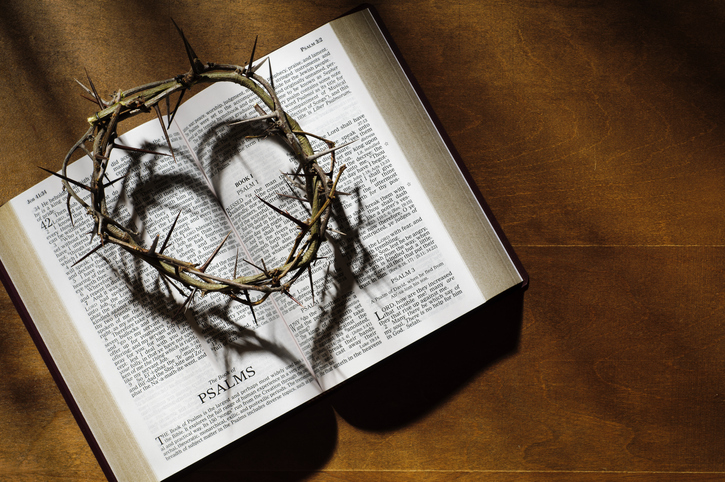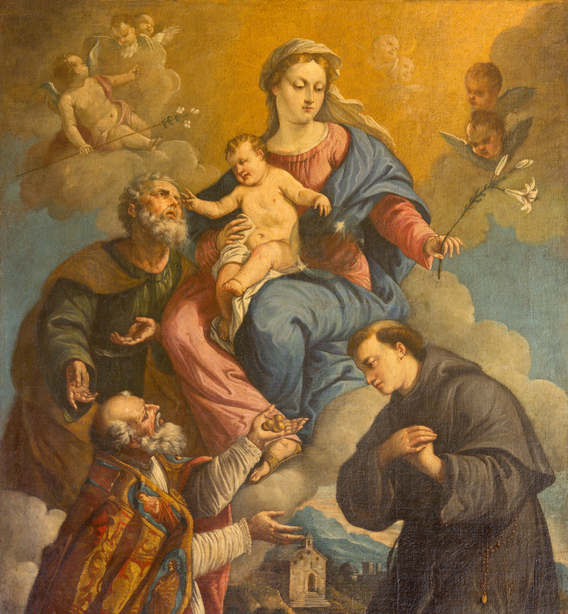Today, Jesus states in the Gospel to love our enemies. Yup, we’re going to be talking about this today. He said to LOVE them and pray for those who persecute you. Some of you are thinking well duh, I’ve already heard this many times in my life and others of you are starting to get an achy heart or boiling blood. I don’t know if this is just the Sicilian in me, but every time I recall a memory of someone hurting me, I mean REALLY hurting me, the blood starts to boil. I feel as though I look like a cartoon with steam puffing out of my head. As pretty as the picture I am painting for you sounds, I’ve come to a conclusion in my life that truly helps me to follow Jesus’ words and teaching.
It’s something many of you already know and some may think, “Really? That’s how you get your boilin’ blood down? Really?” Yes, really. It’s pretty simple, but the choice to carry this truth in your heart truly does help you to love those who hate you, pray for those who have mistreated you, and love those you once called enemies. When we think to any memory of hurt, embarrassment, or hatred, there is usually a moment of US being hurt. The moment that they did or said something that pierced our heart and we can recall or relive so quickly. What I’ve realized in my life is that I have never once been hurt by someone who isn’t already hurt.
Hurt people hurt people.
This simple phrase encompasses all the wounds of my life. When I take a step back and look genuinely at the people who’ve hurt me, I see the truth in this statement. Every single person who has ever hurt, abandoned, gossipped, stole, manipulated you were all people who were hurting. When I acknowledge this to the best of my abilities- and I mean truly take the time to ponder this- I am found with less hatred. I come to feel sympathy & prayer. Isn’t that what Jesus is talking about in the Gospel today? If you only love those who love you, what recompense will you have? Be perfect as your Heavenly Father is perfect.
I know I’ve hurt God before. I’ve hurt Him by the many sins throughout my life, but He looks at me with love and sees not an enemy, but His hurting daughter. When we take the time to pray about those who have hurt us, acknowledge that they too are hurting, we allow God to offer us grace. It is grace that pulls our hearts from hatred to sympathy. It is grace that takes the viewpoint from us and our feelings to them and theirs. I ask you to truly think about that one person who has hurt you most in your life. Take God’s hand and recognize that hurt people hurt people. This is the way God desires us to love our enemies and pray for those who hurt us. May you experience His grace in this endeavor, Amen.

Briana is a Catholic youth minister at Our Lady of Mt. Carmel parish in Cleveland, OH. She is also a nanny and district manager at Arbonne. She received her Bachelor of Arts in Theology and Catechetics from the Franciscan University of Steubenville, OH and is excited to use these skills to bring her students closer to Christ and His Church. “My soul has been refined and I can raise my head like a flower after a storm.” -St. Therese

















